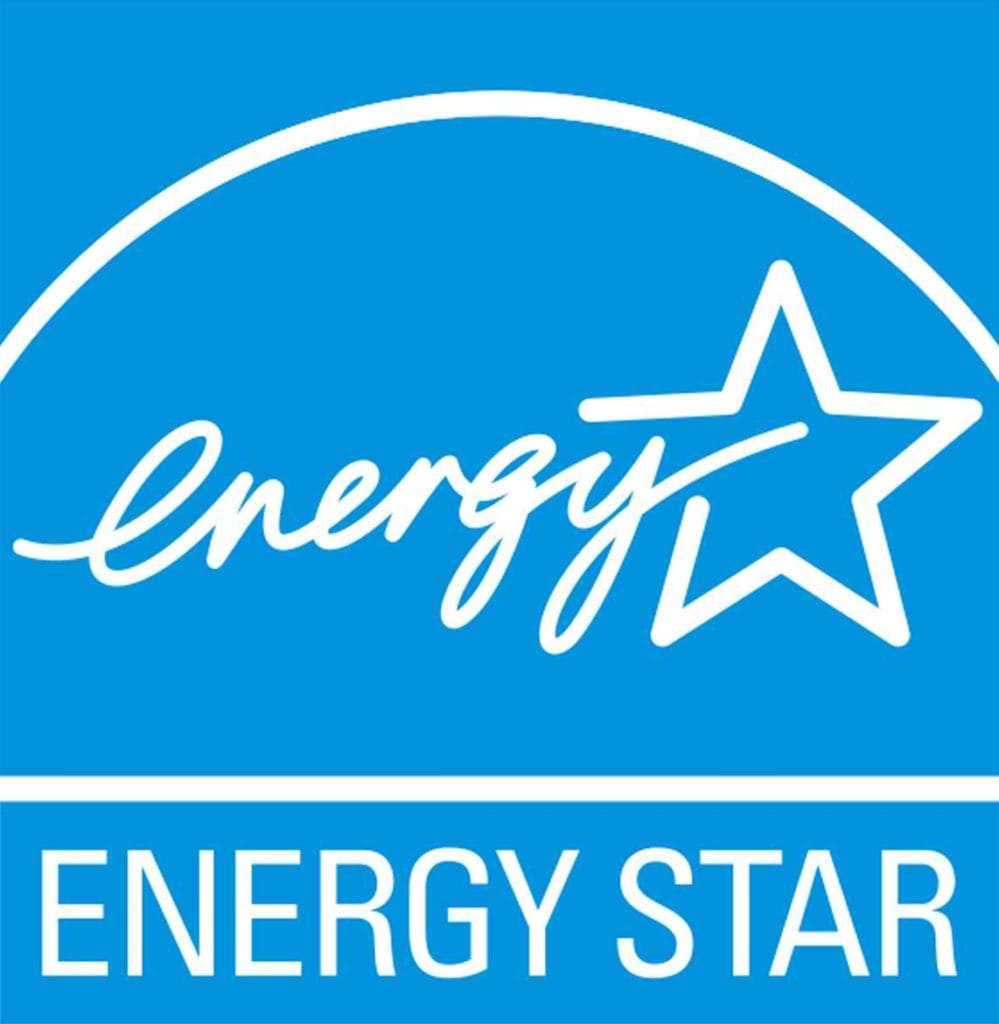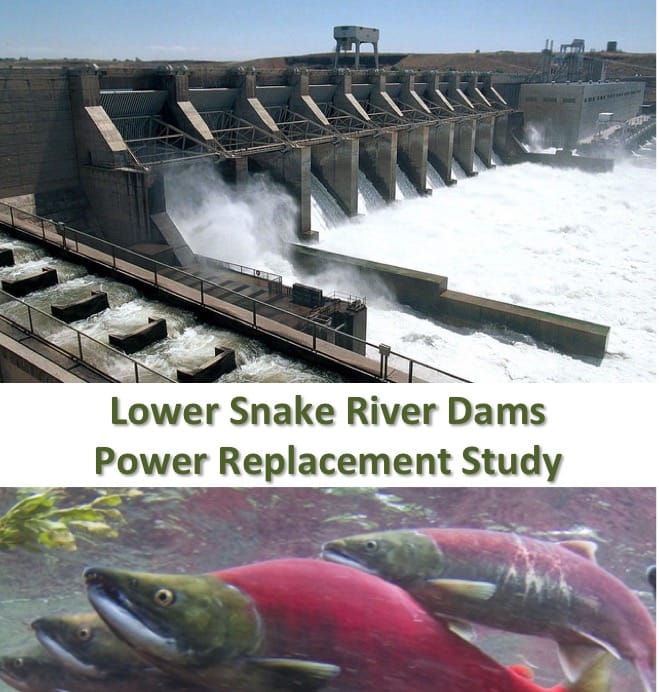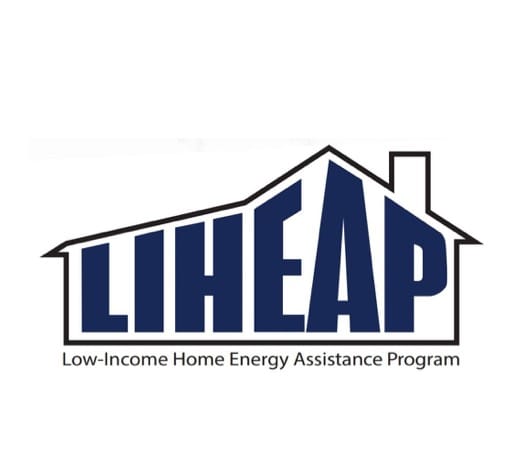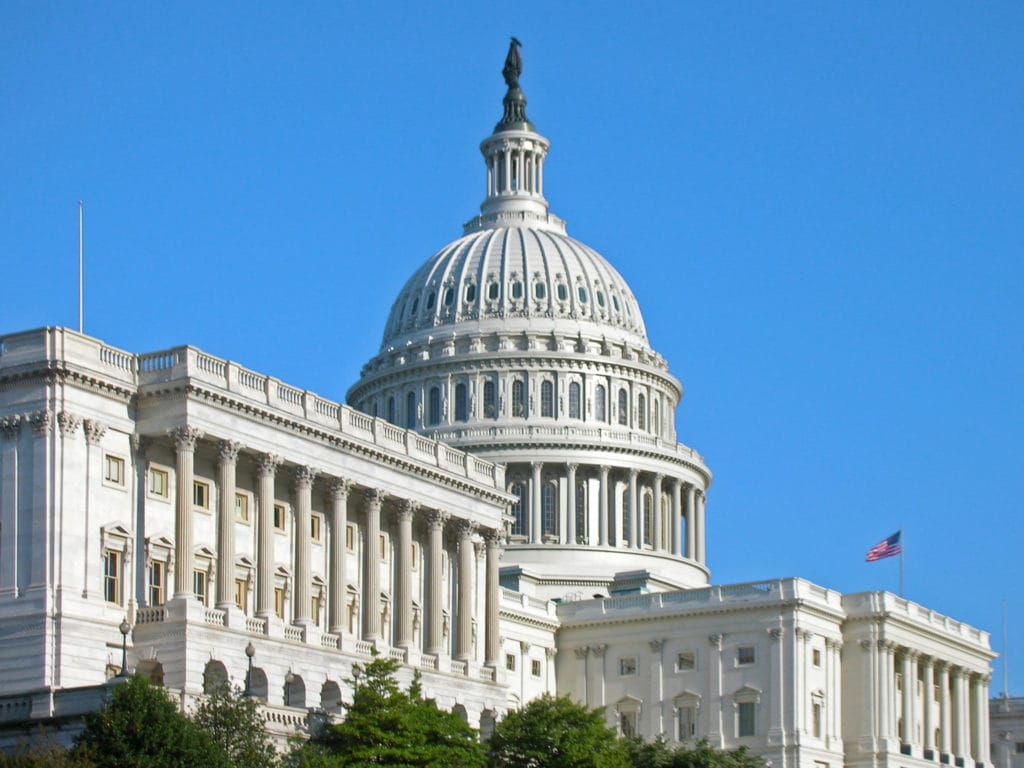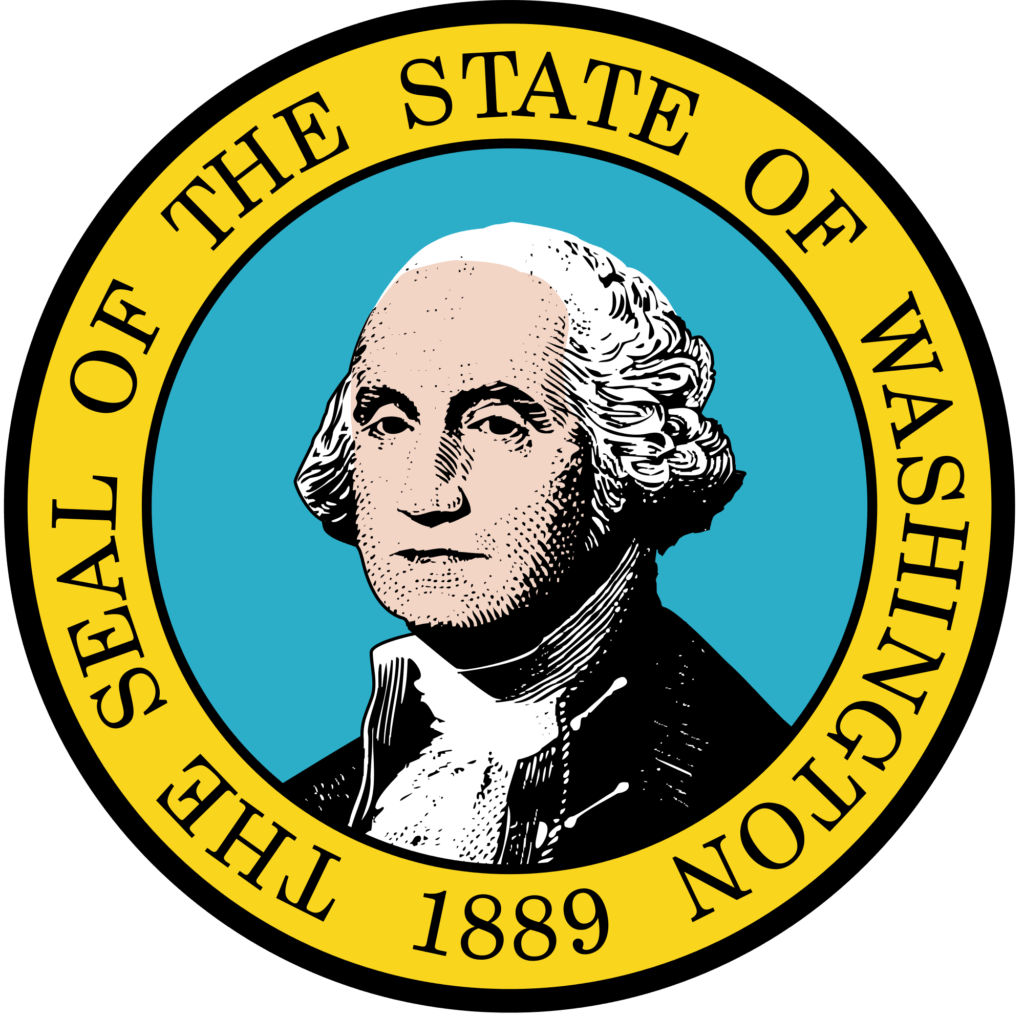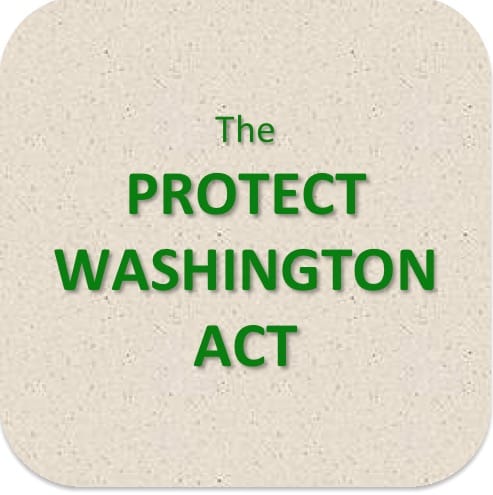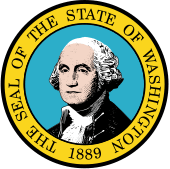Homepage Banner
NW Senators rise to save ENERGY STAR program
There aren’t many federal programs that are as unequivocally successful or as cost-effective as ENERGY STAR. The ENERGY STAR seal, which is awarded by the Environmental Protection Agency to energy…
Dam Replacement Study Reveals New Opportunities
(The following opinion piece by NW Energy Coalition executive director, Nancy Hirsh, was published in the April 21, 2018 edition of the Tri-City Herald.) The NW Energy Coalition has released…
GiveBIG and help the clean energy transition happen
Please help. The GiveBIG campaign is now accepting donations for the NW Energy Coalition. It’s the best way you can help the Coalition because your contribution will be compounded by additional gifts from Coalition board members and possibly…
Proposed Avista Acquisition Settlement Protects Consumers and Environment
The NW Energy Coalition, the Natural Resources Defense Council, and Renewable Northwest joined a proposed settlement today that, if approved by the Washington Utilities and Transportation Commission, would provide Ontario-based…
LIHEAP, Weatherization, other programs fully funded.
In addition to the good news that energy efficiency, renewable energy, and environmental programs avoided cuts and, in many cases, received budget increases in the spending bill signed by President…
Budget bill a pleasant surprise for clean energy and the environment
To the relief of energy and environmental advocates, the U.S. House and Senate have come to an agreement on an omnibus spending bill that will preserve and, in some cases,…
Washington Legislature Wrap-up
Passion and Paralysis on Climate Action In Washington, standards for energy efficiency and the share of power utilities must acquire from renewable resources have been in place for eleven years…
“Protect Washington Act” headed for this fall’s ballot
Washington’s Alliance for Jobs & Clean Energy, of which the NW Energy Coalition is a member, has filed a ballot initiative to reduce pollution and greenhouse gas emissions while generating…
Energy Efficiency bills advance in Oregon and Washington
With so much focus on the plunging cost of solar power, wind power, and now storage as well, it’s sometimes hard to remember that energy efficiency is still our most…
Clean utilities and carbon pricing bills advance in Washington legislature
Yesterday HB 2402 the Washington Clean Utilities Act and SB 6203, Governor Jay Inslee’s carbon pricing bill, were passed out of their respective House and Senate committees. The passage of…


